Anfal... The brutal crime against the people of Kurdistan
Genocide 11:14 AM - 2022-02-22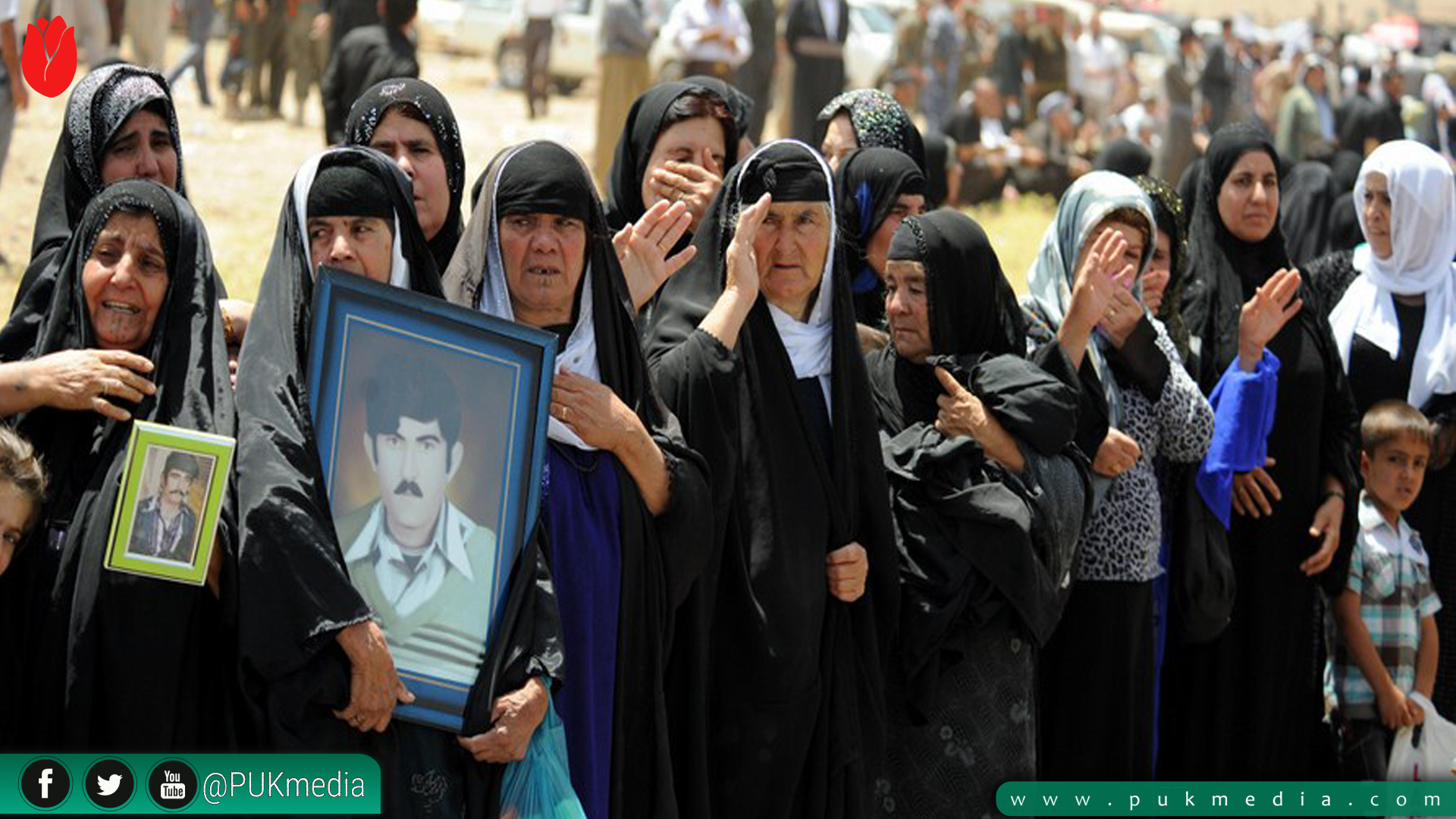
Al-Anfal Campaign, also known as the Kurdish Genocide, Operation Anfal or simply Anfal, was a genocidal campaign against the Kurdish people (and other non-Arab populations) in northern Iraq, led by the Ba'athist Iraqi President Saddam Hussein and headed by Ali Hassan al-Majid in the final stages of Iran–Iraq War.
The campaign takes its name from Surat al-Anfal in the Qur'an, which was used as a code name by the former Iraqi Baathist government for a series of systematic attacks against the Kurdish population of northern Iraq, conducted between 1986 and 1989 and culminating in 1988. The campaign also targeted other minority communities in Iraq including Assyrians, Shabaks, Iraqi Turkmens, Yazidis, Jews, Mandeans, and many villages belonging to these ethnic groups were also destroyed.
Sweden, Norway, and the United Kingdom officially recognize the Anfal campaign as genocide. On December 5, 2012, Swedish parliament Riksdag adopted a resolution by the Green party to officially recognize Anfal as genocide. The resolution was passed by all 349 members of parliament. On February 28, 2013, the British House of Commons formally recognized the Anfal as genocide following a campaign led by Conservative MP Nadhim Zahawi.
The Anfal campaign began in 1986 and lasted until 1989, and was headed by Ali Hassan al-Majid (a cousin of Ba'athist Iraqi leader Saddam Hussein from Saddam's hometown of Tikrit). The Anfal campaign included the use of ground offensives, aerial bombing, systematic destruction of settlements, mass deportation, firing squads, and chemical warfare, which earned al-Majid the nickname of "Chemical Ali".
Thousands of civilians were killed during the anti-insurgent campaigns stretching from the spring of 1987 through the fall of 1988. The attacks were part of a long-standing campaign that destroyed approximately 4,500 Kurdish and at least 31 Assyrian villages in areas of northern Iraq and displaced at least a million of the country's estimated 3.5 million Kurdish population. Amnesty International collected the names of more than 17,000 people who had "disappeared" during 1988.
The campaign has been characterized as genocidal. It is also characterized as genocidal, because "battle-age" men were the primary targets, according to Human Rights Watch/Middle East. According to the Iraqi prosecutors, as many as 182,000 people were killed.
In March 1987, Ali Hassan al-Majid was appointed secretary-general of the Ba'ath Party's Northern Region, which included Iraqi Kurdistan. Under al-Majid, control of policies against the Kurdish insurgents passed from the Iraqi Army to the Ba'ath Party itself. It would be known as al-Anfal ("The Spoils"), in a reference to the eighth surah of the Qur'an.
Anfal, officially conducted in 1988, would have eight stages altogether, seven of them targeting areas controlled by the Patriotic Union of Kurdistan. The Kurdish Democratic Party-controlled areas in the northwest of Iraqi Kurdistan, which the regime regarded as a lesser threat, were the target of the Final Anfal operation in late August and early September 1988. For these assaults, the Iraqis mustered up to 200,000 soldiers with air support—matched against Kurdish guerrilla forces that numbered no more than a few thousand.
Statistics
According to the HRW during the Anfal campaign, the Iraqi government:
-Massacred 50,000 to 100,000 non-combatant civilians including women and children
-Destroyed about 4,000 villages (out of 4,655) in Iraqi Kurdistan.
-Between April 1987 and August 1988, 250 towns and villages were exposed to chemical weapons
-Destroyed 1,754 schools, 270 hospitals, 2,450 mosques, 27 churches;
-Wiped out around 90% of Kurdish villages in targeted areas.
-Made 2,000 Assyrians, along with Kurds and others, victims of gas campaigns
Violation of human rights
The campaigns of 1987–1989 were characterized by the following gross human rights violations:
A) mass summary executions and a mass disappearance of many tens of thousands of non-combatants, including large numbers of women and children, and sometimes the entire population of villages;
B) the widespread use of chemical weapons, including mustard gas and the nerve agent GB, or sarin, against the town of Halabja as well as dozens of Kurdish villages, killing many thousands of people, mainly women, and children;
C) the wholesale destruction of some 2,000 villages, which are described in government documents as having been "burned", "destroyed", "demolished" and "purified", as well as at least a dozen larger towns and administrative centers (nahyas and qadhas); Since 1975, some 4,000 Kurdish villages have been destroyed by the former Iraqi regime.
D Human Rights Watch/Middle East estimates that between 50,000 and 100,000 people were killed. Some Kurdish sources put the number higher, estimating 182,000 Kurds were killed.
E) Army engineers destroyed the largely Kurdish town of Qala Dizeh (population 70,000) and declared its environs a "prohibited area," removing the last significant population center close to the Iranian border.
Trial of Saddam Hussein
In an interview broadcast on Iraqi television on September 6, 2005, Iraqi President Jalal Talabani said that judges had directly extracted confessions from Saddam Hussein that he had ordered mass killings and other crimes during his regime and that he deserves to die. Two days later Saddam's lawyer denied that he had confessed.
Anfal trial
In June 2006, the Iraqi Special Tribunal announced that Saddam Hussein and six co-defendants would face trial on August 21, 2006, concerning the Anfal campaign. In December 2006 Saddam was put on trial for the genocide during Operation Anfal. The trial for the Anfal campaign was still underway on December 30, 2006, when Saddam Hussein was executed for his role in the unrelated Dujail Massacre.
The Anfal trial recessed on December 21, 2006, and when it resumed on January 8, 2007, the remaining charges against Saddam Hussein were dropped. Six co-defendants continued to stand trial for their roles in the Anfal campaign. On 23 June 2007 Ali Hassan al-Majid, and two co-defendants Sultan Hashem Ahmed and Hussein Rashid Mohammed were convicted of genocide and related charges and sentenced to death by hanging. Another two co-defendants (Farhan Jubouri and Saber Abdel Aziz al-Douri) were sentenced to life imprisonment, and one (Taher Tawfiq al-Ani) was acquitted on prosecution's demand.
Al-Majid was charged with war crimes, crimes against humanity, and genocide. He was convicted in June 2007 and was sentenced to death. His appeal of the death sentence was rejected on 4 September 2007, he was sentenced to death for the fourth time on 17 January 2010, and was hanged eight days later, on 25 January 2010.
PUKmedia
More news
-
Congratulatory Messages on International Labour Day
01:28 PM - 2024-05-01 -
Four Kurdish Factions Reject the Postponement of Kurdistan Parliamentary Elections
07:28 PM - 2024-04-30 -
UAE Classifies Khor Mor Attack as Terrorism, International Violation
07:49 PM - 2024-04-27 -
Officials Call for Urgent Investigation Into Khor Mor Gas Field Attack
10:31 PM - 2024-04-26
see more
President Bafel & al-Sudani: The Cornerstone for Overcoming Obstacles Should Be Applicable Laws
04:18 PM - 2024-05-03
Qubad Talabani: Journalists Play a Crucial Role in Maintaining Democracy
01:54 PM - 2024-05-03
Ziad Jabar: Kurdistan Region Needs Effective Government & Parliament
02:56 PM - 2024-05-02
PUK Politburo: We Oppose Any Unfair Attempts to Delay the Scheduled Elections
12:17 AM - 2024-05-02
Most read
-
President Bafel & al-Sudani: The Cornerstone for Overcoming Obstacles Should Be Applicable Laws
P.U.K 04:18 PM - 2024-05-03 -
Qubad Talabani: Journalists Play a Crucial Role in Maintaining Democracy
Kurdistan 01:54 PM - 2024-05-03 -
PUK President: Our Goal is to Safeguard National Stability
P.U.K 08:39 PM - 2024-05-03

.jpg)
.jpg)
.jpg)
.jpg)
.jpg)
.jpg)
.jpg)
.jpg)
.jpg)
.jpg)
.jpg)
.jpg)
.jpg)
.jpg)
.jpg)
.jpg)
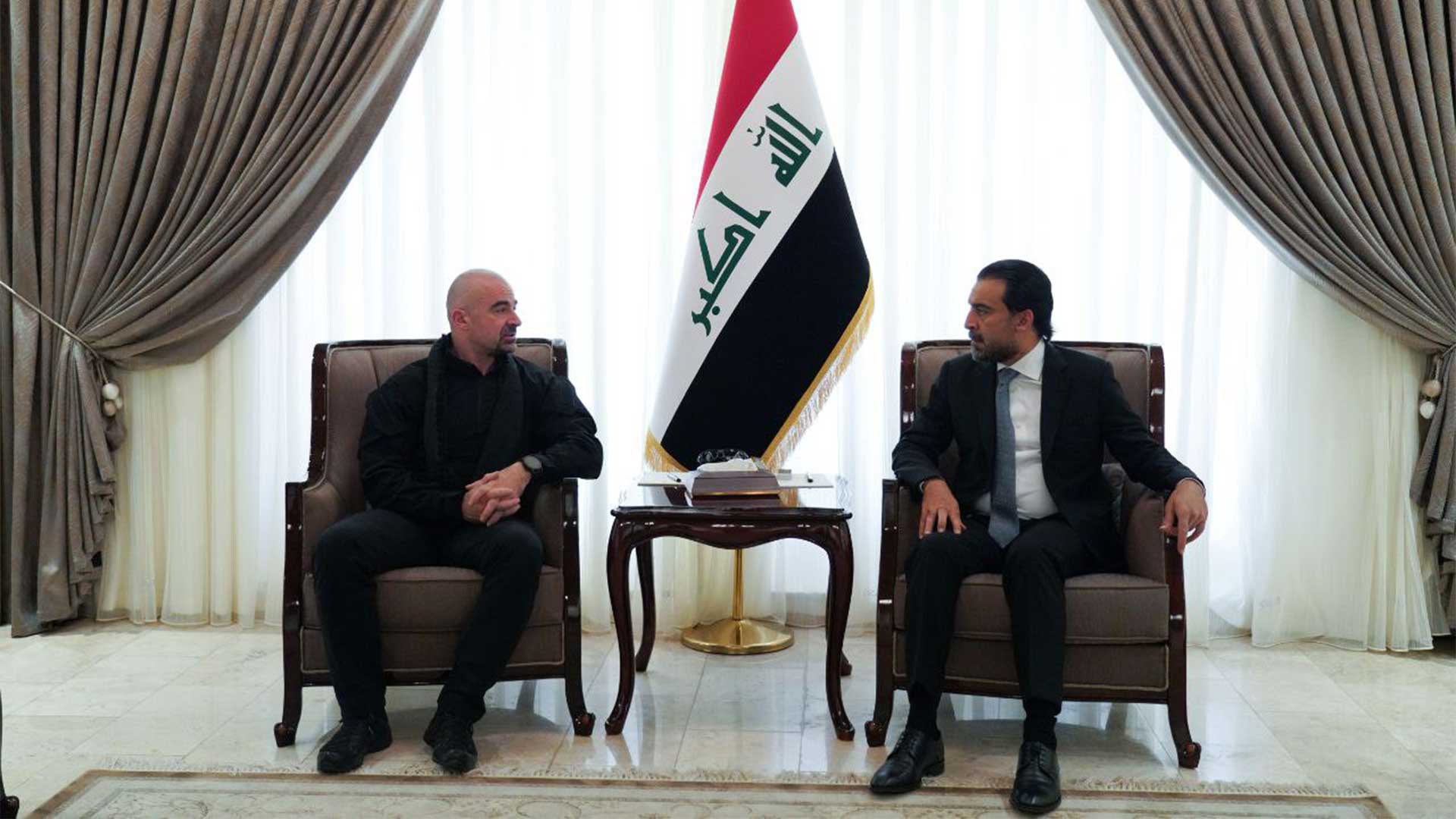
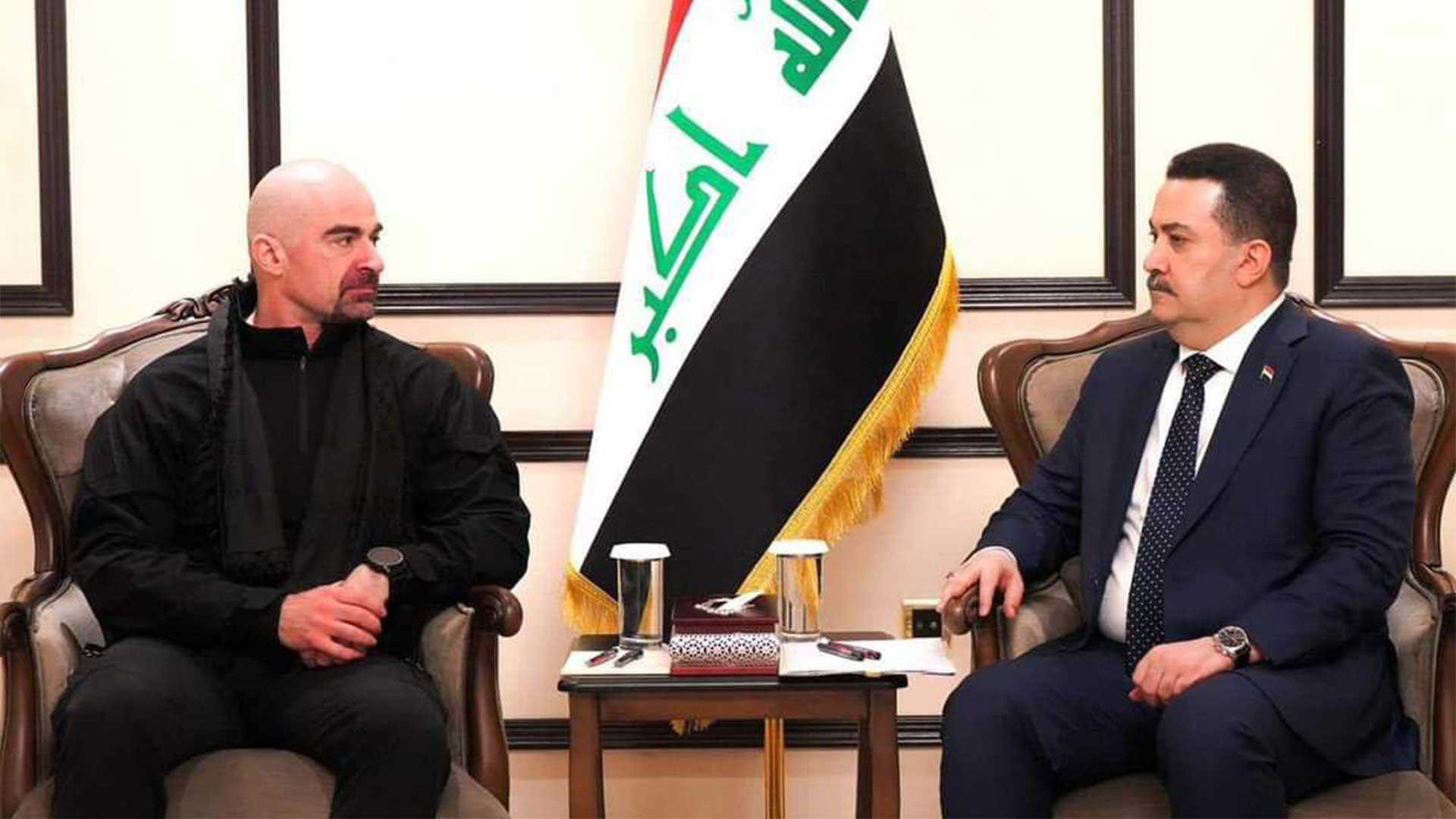
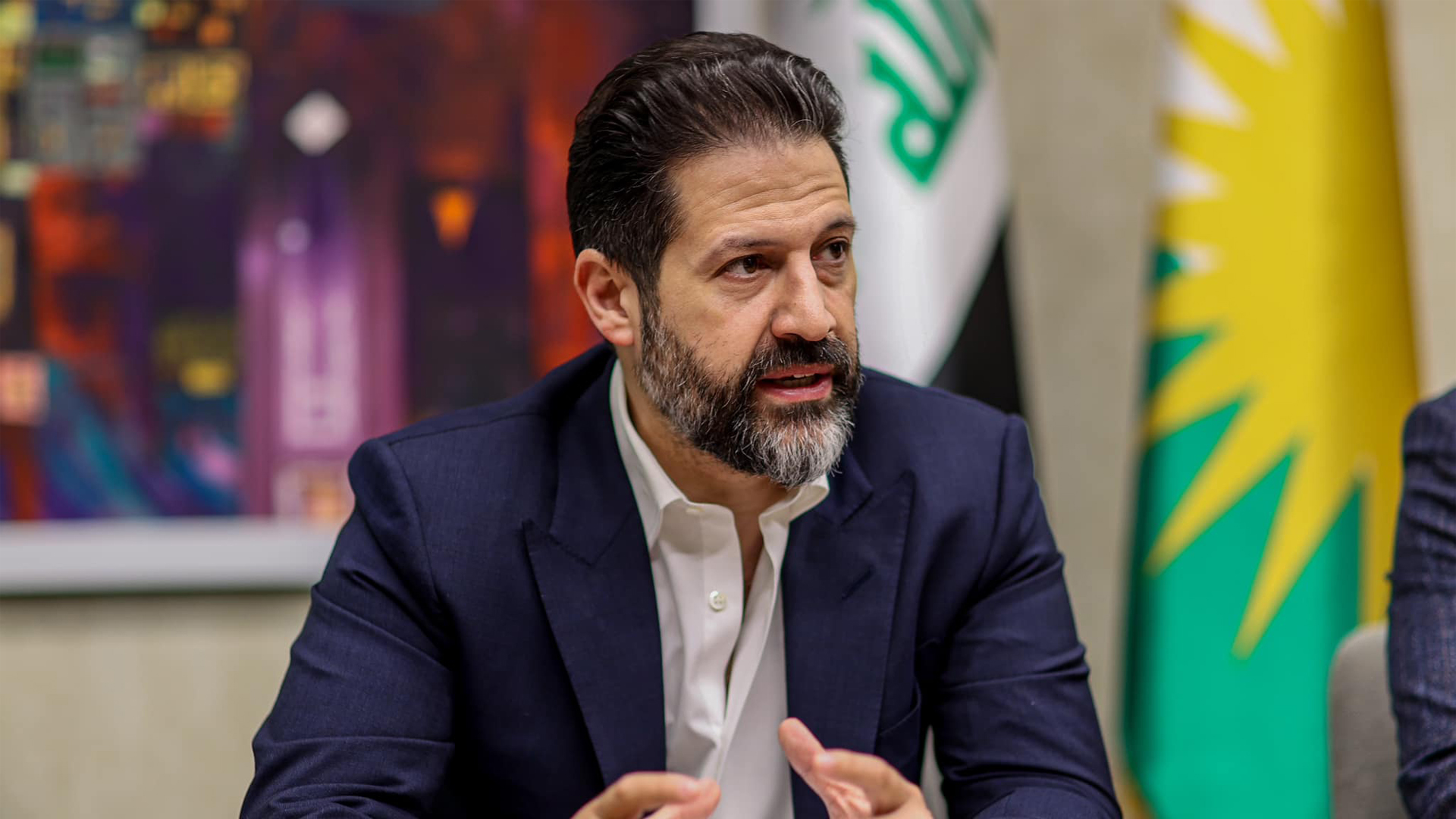
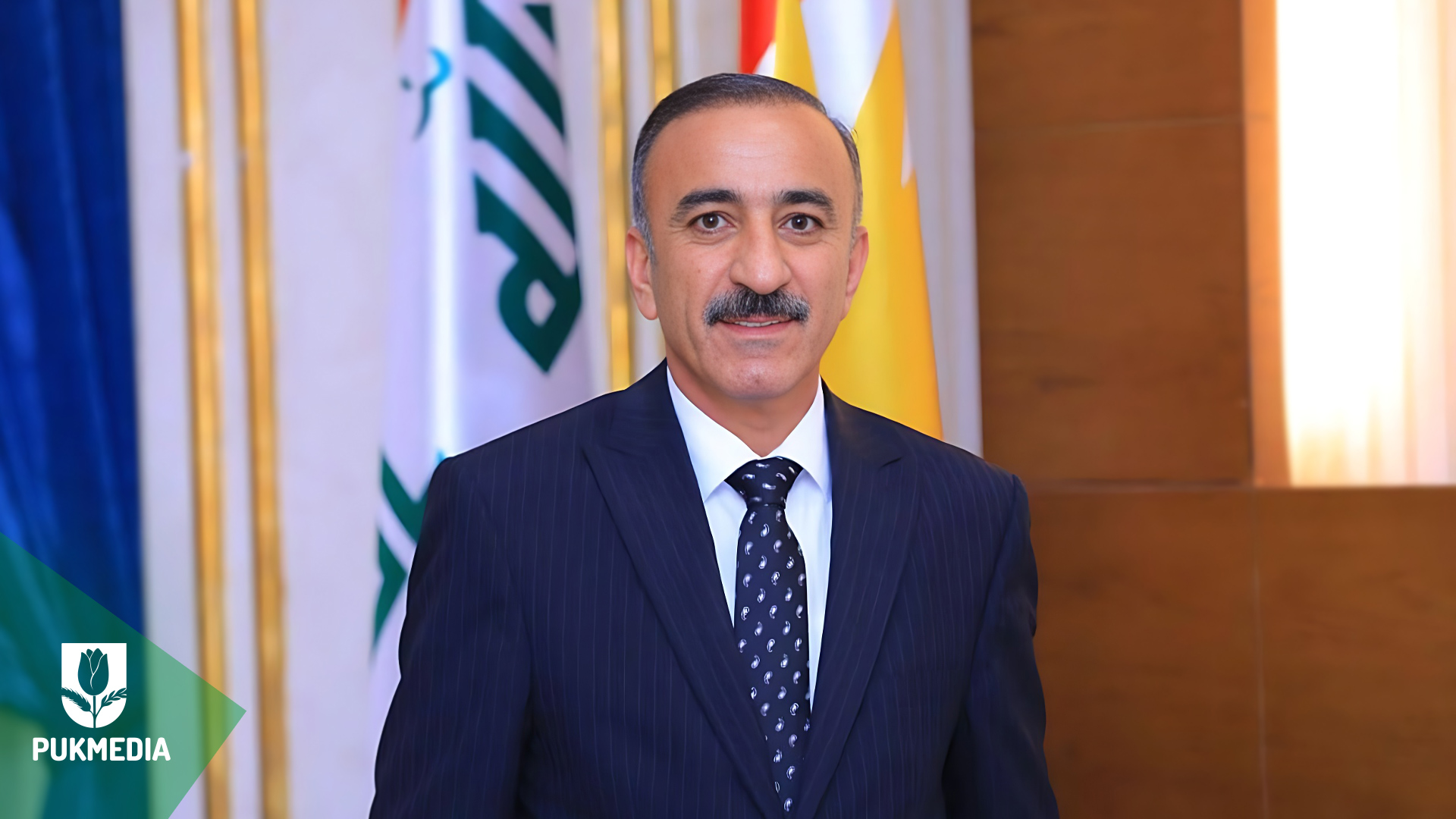
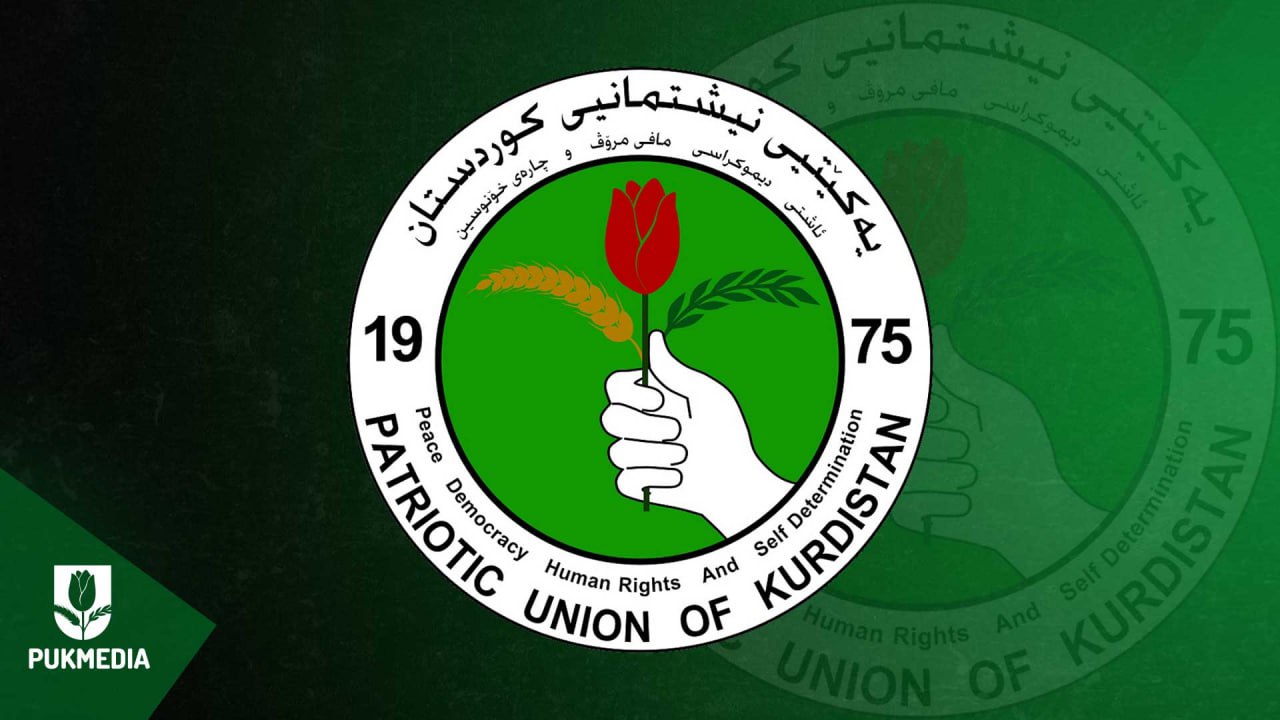
 Application
Application


